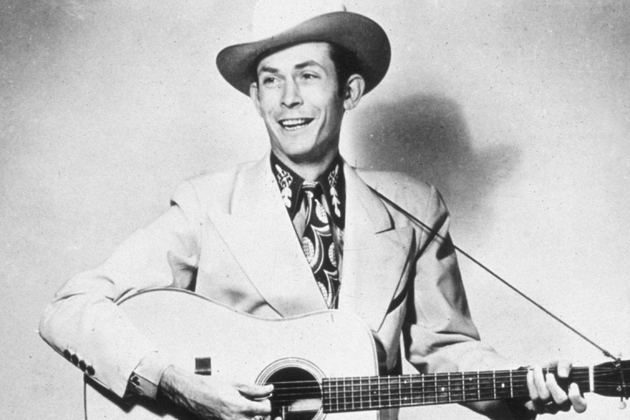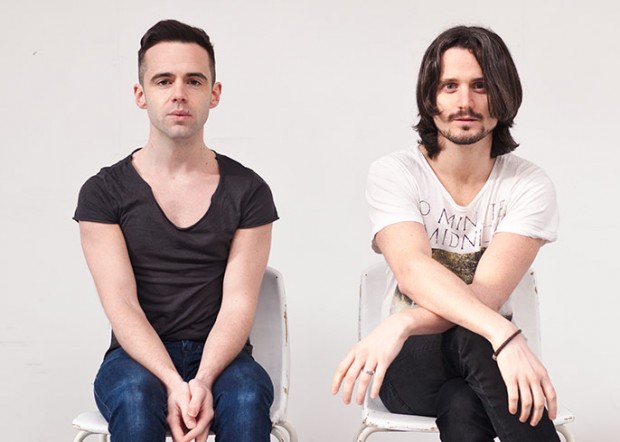Last month our esteemed editor got his mellow well and truly twisted by Translink. I offer a short meditation to ward off the bad vibes next time you’re waiting on a train.
First off the train is the rock ‘n’ roll form of transport. Planes, cars and even spaceships are nothing in comparison. As Ian Carter has written “the blues characteristic yearning tone arose from enslaved blacks’ hopeless response to passing trains – freedom and a better life glimpsed far away, then gloriously present, then receding once more into the distance…The insistent rhythm of railroad wheels on fish-plated railroad tracks generated a characteristic four-in-the-bar rhythm.”
‘Mystery Train’ recorded by Elvis Presley in 1955 expresses this idea of the train as a harbinger of hope – it took his baby away, but now it’s bringing her back.
Other trains in song aren’t much interested in happiness. Trains seem to lend themselves as symbols of cruel fate. A train is locked to tracks of steel and timetables so rigid they were originally responsible for imposing standard time keeping on the world. Nothing stops a train, even the heroine tied to the railway lines – you don’t mess with trains. Perhaps this is why rail journeys in music often have a fatal quality. A musical train ride is a date with destiny, your ticket is irrevocable and one-way – once you take the Midnight Train To Georgia you aren’t coming back.
‘Lonesome Whistle’ by Hank Williams (pictured above) is a good example of the train taking away love, liberty and hope. Nick Cave’s ‘Train Long-Suffering’, recorded over thirty years later, shows the idea of the train as a vehicle of pain still resonates, although Cave charges his song will such levels of post-punk angst it makes Williams look positively chilled. Both Cave and Williams incorporate imitations of the train whistle into their songs – Williams with a gentle stretching and inflection on the word “lonesome”, Cave perhaps predictably gives a more primal “Woo! Woo!” The whistle, and later the diesel horn, are powerful evokers of emotion and are so embedded in our minds from films that it is impossible to hear one without a pang of yearning.
Of obviously even more musical power is a train’s rhythmic quality – something Cave incorporates in the percussion on his song.
Duke Ellington’s ‘Daybreak Express’ from 1931 is arguably the Daddy of all musical train impersonations. It is a complete trip from a standing start through a furious mid-section to the gradual grinding halt.
The railway’s innate musical quality made it a predictable inspiration for exponents of musique concrete. Pierre Schaeffer’s ‘Etude aux chemins de fer’ from 1941 is possibly the earliest, but certainly not the last example of actual trains noises getting incorporated into compositions.
Neither the jet age nor the moon landings managed to oust the railway from the musical cannon. Kraftwerk’s 1977 Trans Europe Express managed, as only they could, to make the railway nostalgic, current and futuristic all at the same time. The rising and resolving melody line captures perfectly the sense of markers advancing from the distance. Smokestacks and steam are not to be found on this perfect machine.
Via Afrika Bambaataa and Soulsonic Force’s ‘Planet Rock’, Trans Europe Express eventually made it onto the dance floor.
KLF, the one time kings of the sample, also brought the railway to the disco via their ‘Last Train to Transcentral’ – something to shake your caboose to if ever there was one. Like proper musos the KLF weren’t deaf to the more wistful side of the train – railways rattle mournfully through much of their ambient Chill Out album.
The fatalistic nature of train journeys is most powerfully realised in Steve Reich’s ‘Different Trains’.
First performed in 1988 this work juxtaposes his childhood journeys across America to see his divorced parents with the transportations his fellow Jews were experiencing in Europe at the same time. And just when you think music has reached the end of the line with trains along comes another work. In 2011 Chris Watson (composer, BBC sound recordist and one-time member of Cabaret Voltaire) released El Tren Fantasma. This is a collage of recordings made on and around the now extinct trans-Mexican railway line – a ghost train indeed. Fittingly this work brings all the elements together – rhythm, nostalgia and a sense of the forlorn.
So next time the train is late remember that you aren’t so much commuting as making a connection with one of the greatest musical icons and inspirations of modern times. Diarmuid Kennedy





